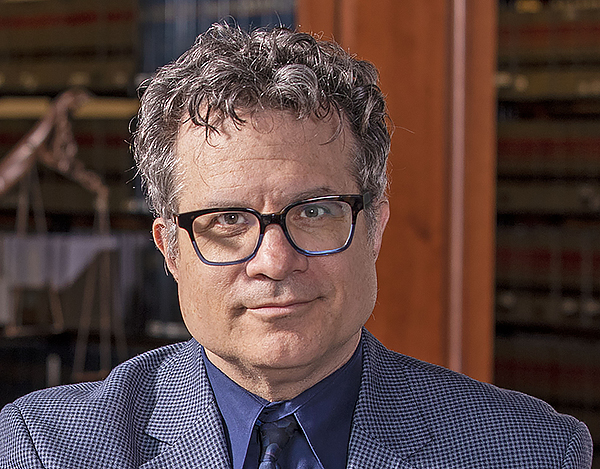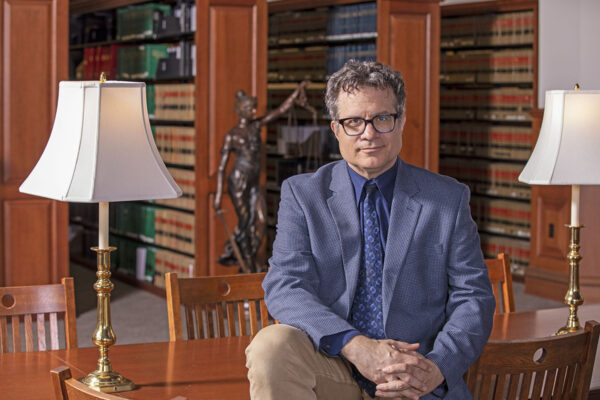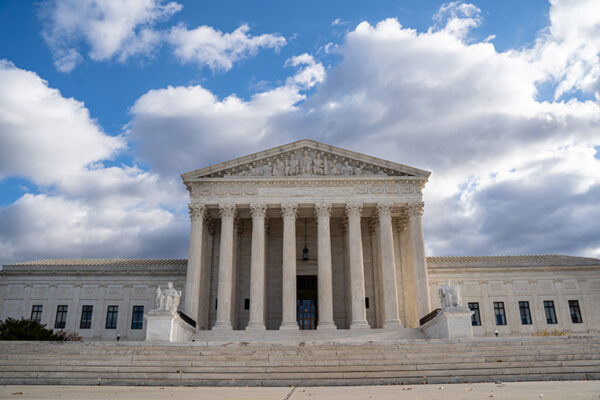Former President Donald Trump was indicted this month over his efforts to overturn the results of the 2020 election. He plans to fight the charges in part by claiming that the prosecution would violate his right to freedom of speech.
Not so, says a First Amendment expert at Washington University in St. Louis.
“I cannot see any meaningful way in which the indictment implicates Trump’s First Amendment rights,” said Greg Magarian, the Thomas and Karole Green Professor of Law and an expert on the freedom of expression.

“The indictment does refer to numerous statements made by Trump, and it uses those statements either as bases for charges or as evidence needed to prove charges, such as criminal intent,” Magarian said. “Those sorts of uses of defendants’ statements are routine in criminal law. Think of fraud, blackmail, perjury, suborning perjury, making terroristic threats or attempting to contract for some unlawful act. All of those are crimes that can be, and commonly are, committed entirely through speech.”
“Could some attempt by the prosecution in this case to use a particular statement by Trump in a particular way implicate his First Amendment rights? I can’t rule out that possibility in a complicated criminal proceeding that has yet to unfold,” he said. “But nothing evident from the indictment raises any serious First Amendment issue that I can see.”
Trump’s speech to the Washington, D.C., crowd on Jan. 6, 2020, raises more complicated First Amendment questions, Magarian said.
“That was a public political address that clearly contained political rhetoric and arguments,” he said. “If the prosecutor had charged Trump with inciting the Capitol riot, Trump would have had a serious First Amendment defense. However, the prosecutor did not bring that charge, probably at least in part because of the First Amendment issue.
“Moreover, Trump’s speech is not entirely shielded by the First Amendment. For example, to the extent the speech contains evidence of Trump’s criminal intent — an important element in the charges against him — the First Amendment does not bar the prosecutor from using the speech to prove intent.”
“Trump’s specious assertion of First Amendment rights is actively harmful,” Magarian said. “First Amendment rights hold a cherished place in our national identity. People disagree vigorously about what the First Amendment means, but almost everyone extols whatever they think the First Amendment means.
“That popularity makes the First Amendment exceptionally potent as a rhetorical prop. But when someone deploys that prop speciously or falsely, they degrade the First Amendment and thus harm the interests of people who really need, and can properly deploy, the First Amendment against real government abuses.”


